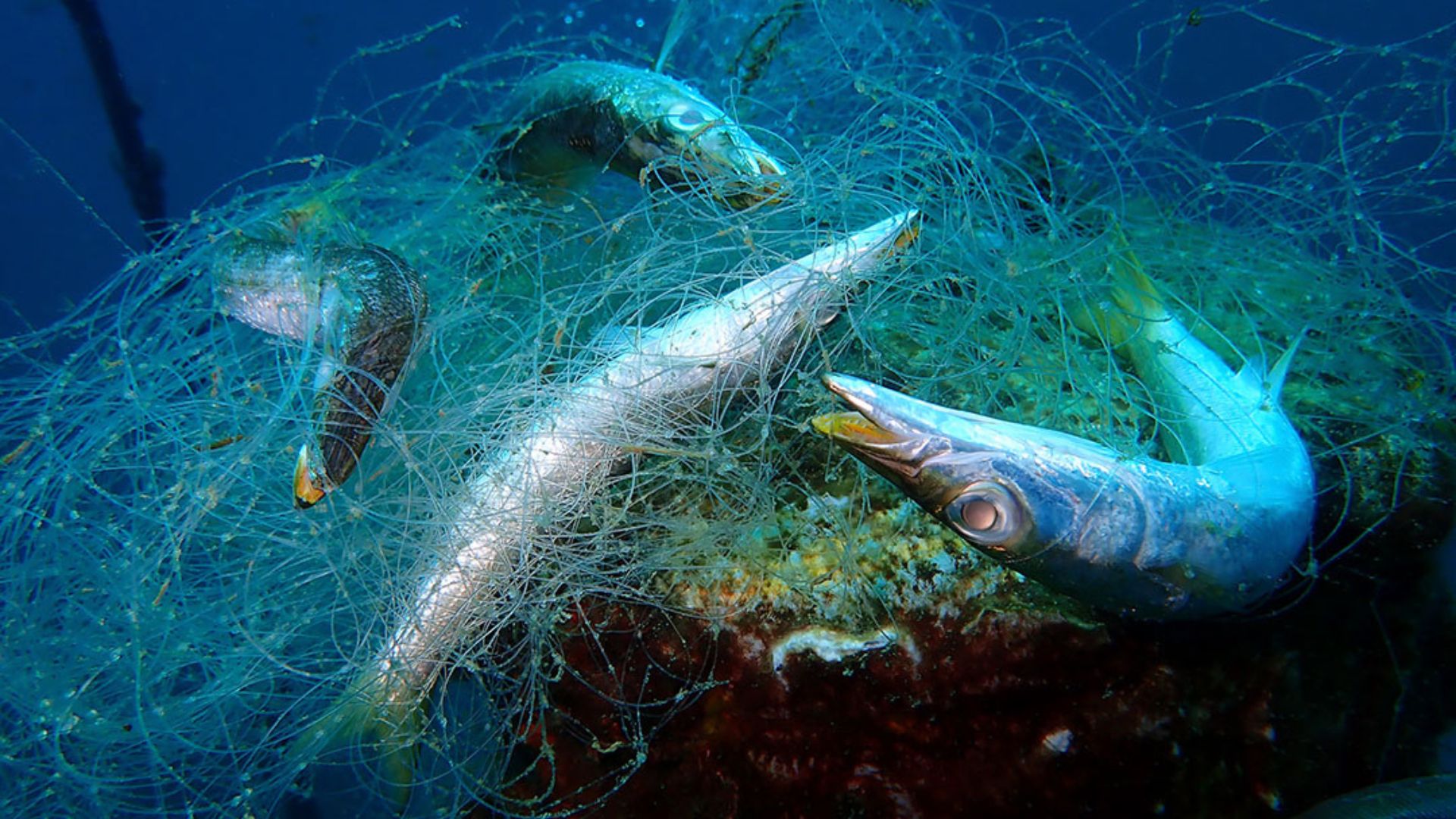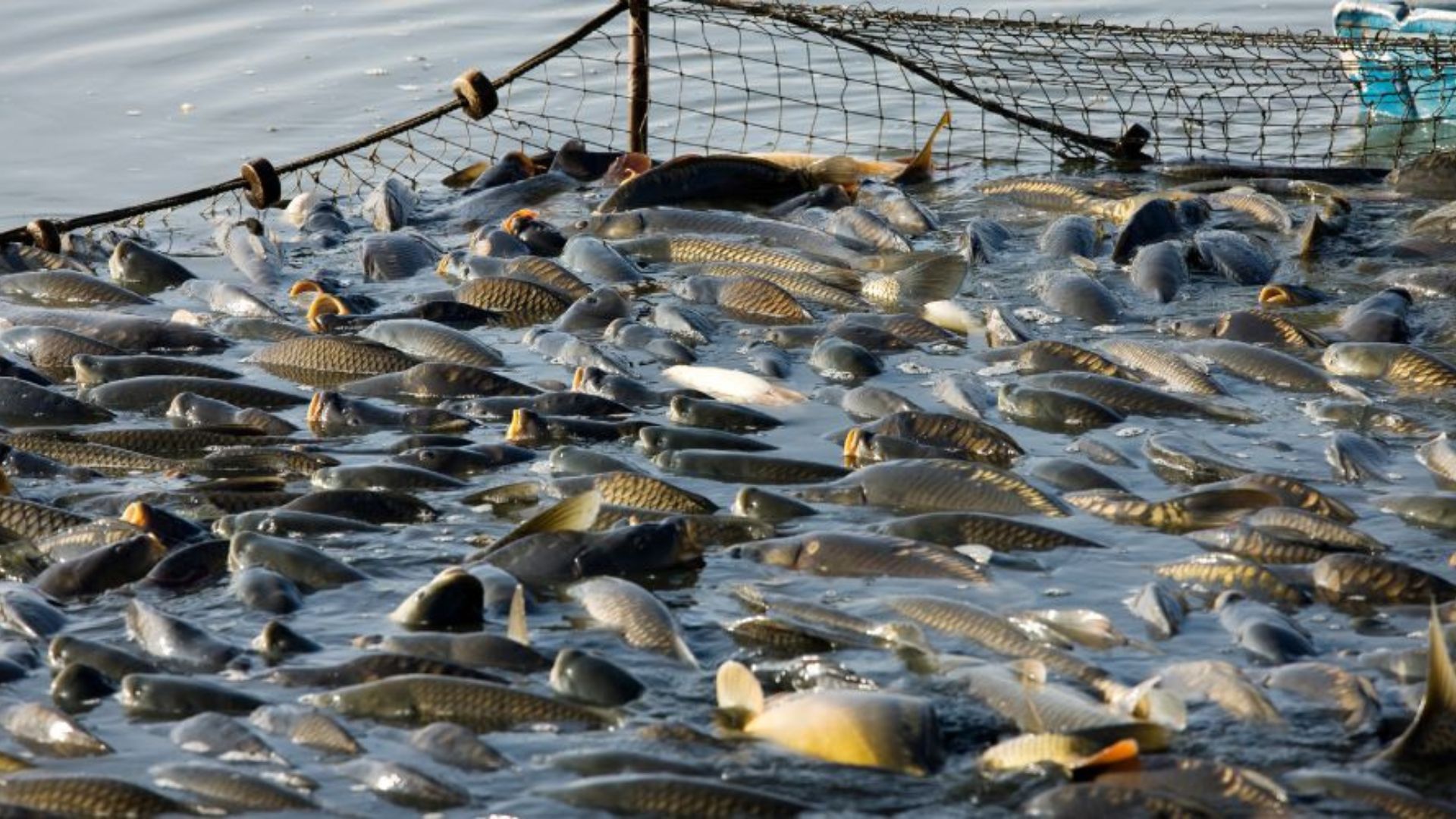Fishing is an important activity for many people. It provides food, jobs, and recreation. However, fishing can also change the environment. It affects fish populations, water quality, and marine life. This article will explain how fishing affects local ecosystems and why responsible fishing is important.

1. Fishing and Fish Populations
Fishing directly impacts fish populations. When people catch too many fish, the population decreases. This is called overfishing. When overfishing happens, there are not enough fish left to reproduce. As a result, the number of fish keeps going down.
Some fishing methods make this problem worse. For example, large nets catch too many fish at once. Sometimes, they even catch young fish that have not yet reproduced. When fish populations shrink, other animals that eat fish, like birds and larger fish, also suffer.
2. Fishing and the Food Chain
Fishing affects the food chain in local ecosystems. Every species has a role in nature. When one species disappears, it affects others. For example, if too many small fish are caught, bigger fish have less food, which can reduce their populations.
Some fish help control the number of smaller sea creatures. Without these fish, some species, like jellyfish or sea urchins, can grow too much. This can harm coral reefs and other marine environments.
3. Damage to Habitats
Some fishing methods damage underwater habitats. Bottom trawling is one example. In this method, heavy nets are dragged along the ocean floor. These nets destroy coral reefs, sea plants, and homes for many sea creatures.
Other fishing tools, like traps and long fishing lines, can also harm marine life. Sometimes, fishing gear is left behind in the water. This is called ghost fishing. Lost nets and lines can trap fish, turtles, and even dolphins. This causes unnecessary harm to sea life.
4. Impact on Water Quality
Fishing affects local ecosystems by changing water quality. Some fishing boats leak fuel and oil into the water. This pollution harms fish and other marine life.
Fish waste and leftover bait can also affect water quality. When too many fish are removed, the balance of nutrients in the water changes. This can lead to algae growth, which reduces oxygen in the water. Low oxygen levels make it hard for fish and plants to survive.
5. Bycatch and Its Effects
Bycatch is when fishermen catch unwanted animals. These animals include sea turtles, sharks, and dolphins. Many of these creatures die after being caught. This reduces their populations and harms the ecosystem.
Some fishing nets are designed to catch only certain fish. However, many nets do not work perfectly. They trap animals that are not meant to be caught. Bycatch is a big problem in many fishing industries.
6. Responsible Fishing Can Help
Fishing affects local ecosystems in many ways, but responsible fishing can help. Sustainable fishing methods protect marine life. These methods include:
-
Using selective fishing gear – This helps catch only the right fish and reduces bycatch.
-
Setting fishing limits – This prevents overfishing and allows fish populations to grow.
-
Protecting young fish – Fishermen can avoid catching small fish so they can reproduce.
-
Avoiding destructive fishing – Methods like bottom trawling should be reduced to protect habitats.
Governments and organizations create rules to protect marine life. Many areas have fishing seasons and size limits for fish. These rules help keep the ecosystem balanced.
7. How You Can Help
Everyone can help reduce the impact of fishing on local ecosystems. Here are some simple ways:
-
Choose sustainable seafood – Look for seafood labels that show responsible fishing practices.
-
Support local fishing regulations – Follow fishing rules if you go fishing.
-
Reduce plastic waste – Plastic pollution harms marine life. Always dispose of waste properly.
-
Learn and share information – Teach others about how fishing affects local ecosystems.
Conclusion
Fishing affects local ecosystems in many ways. It changes fish populations, damages habitats, and affects the food chain. However, responsible fishing can reduce harm and protect marine life. By making better choices, fishermen and consumers can help keep oceans and lakes healthy for the future.











